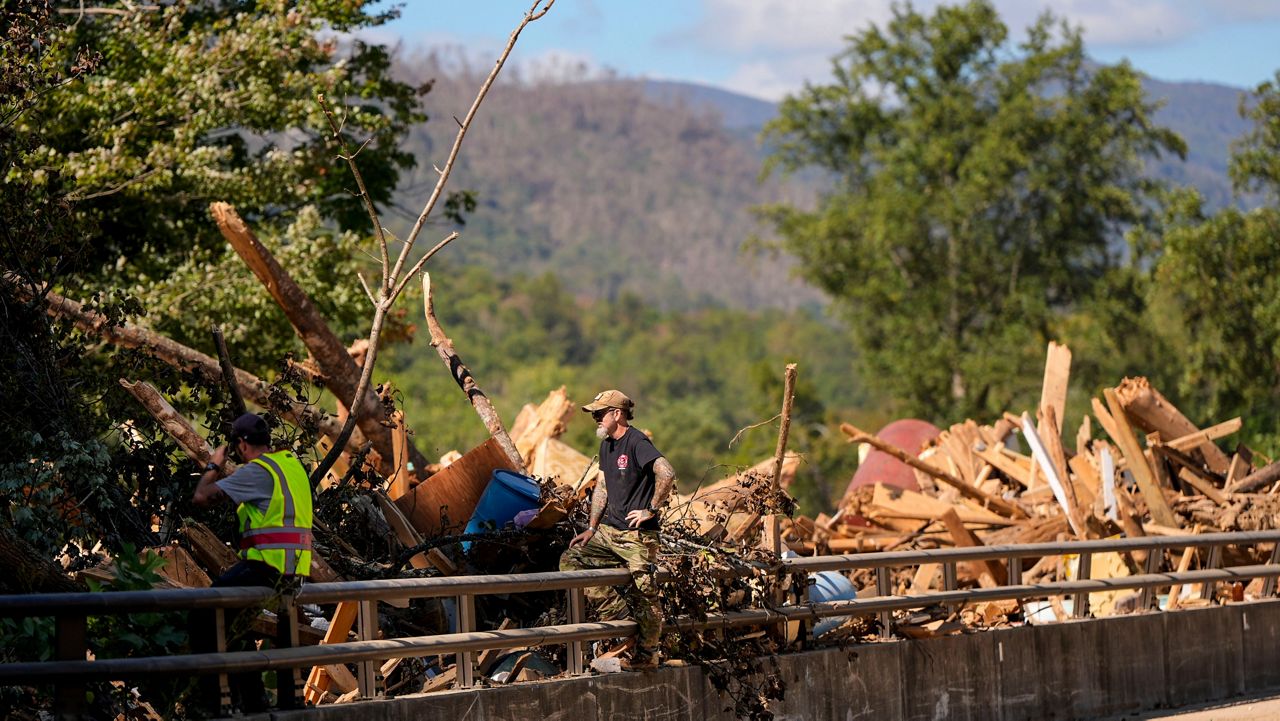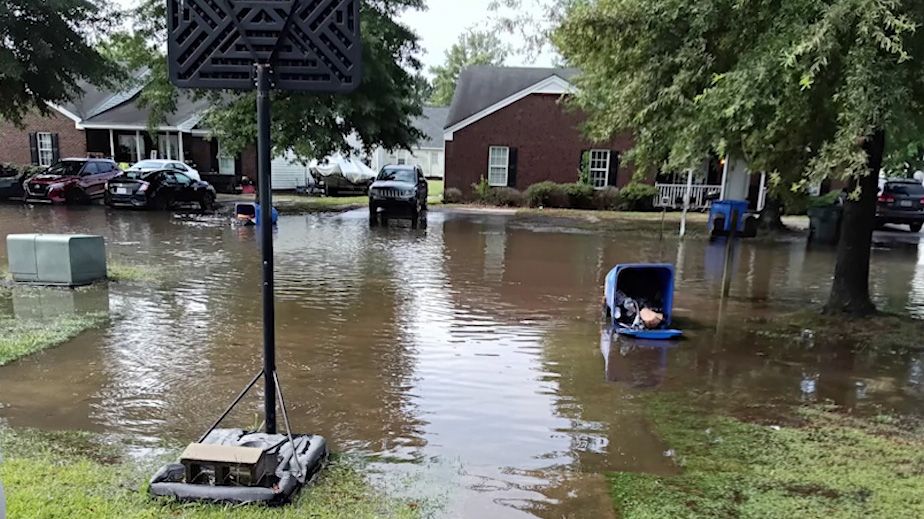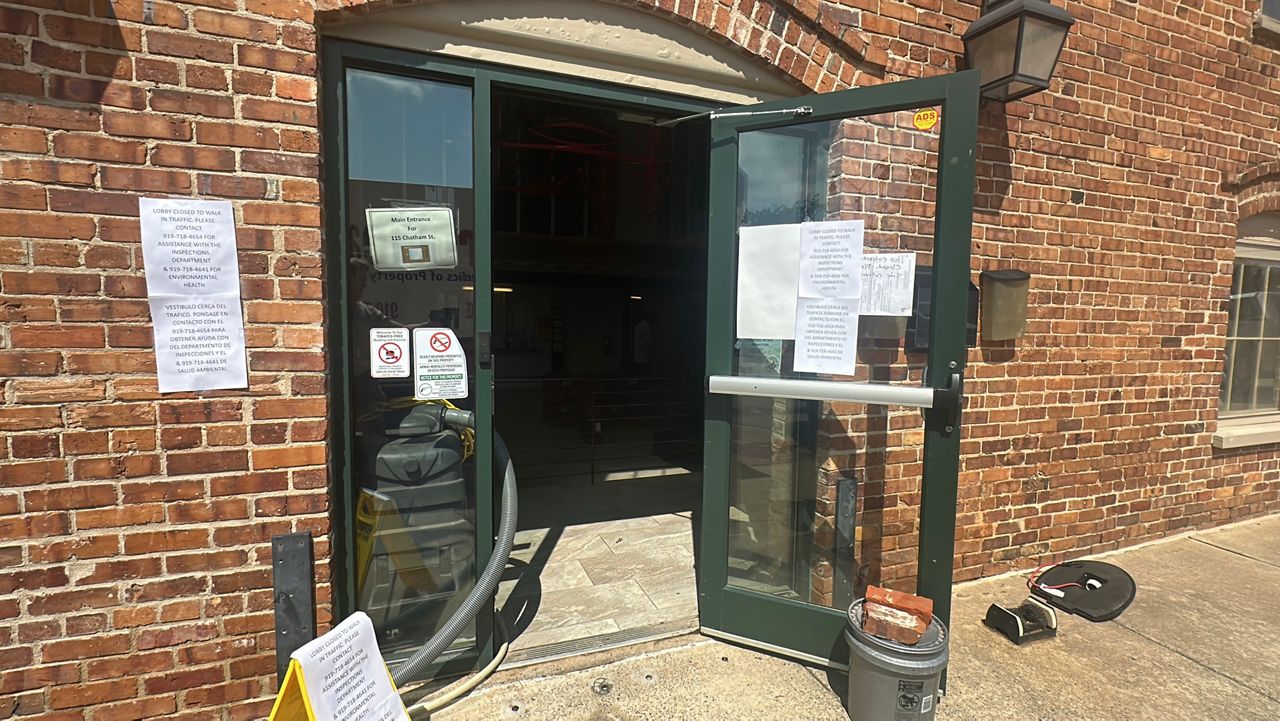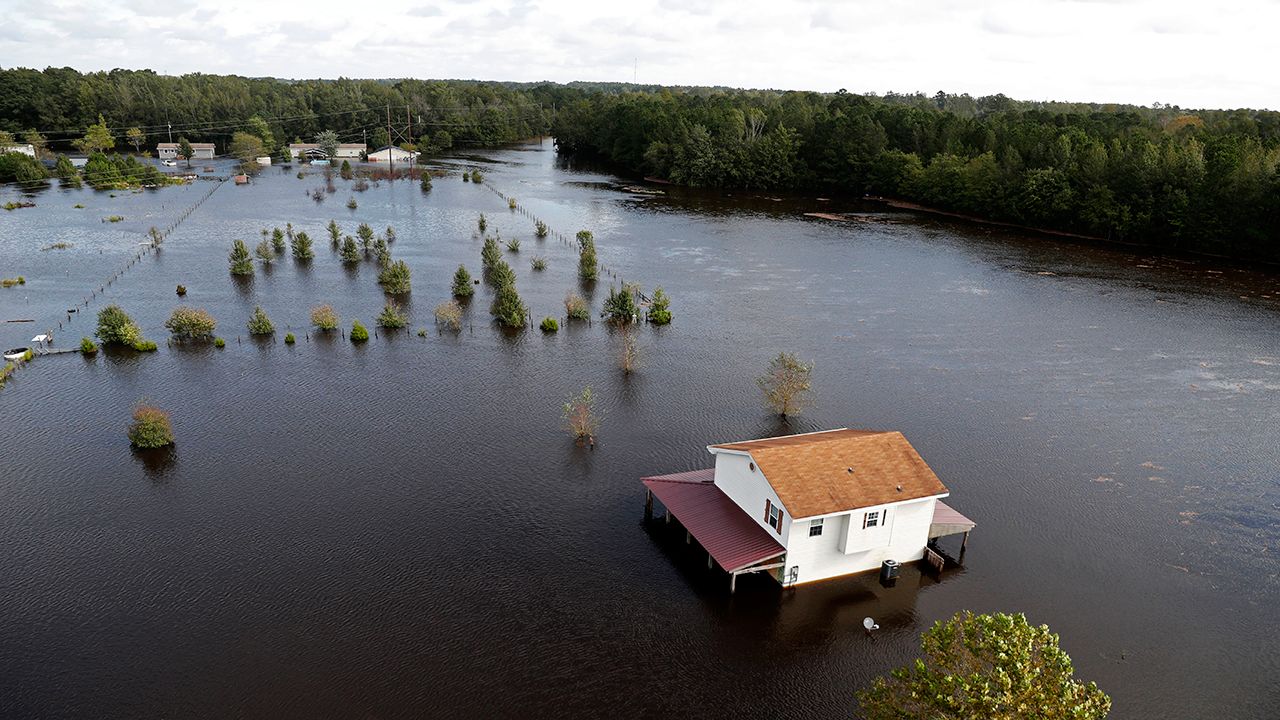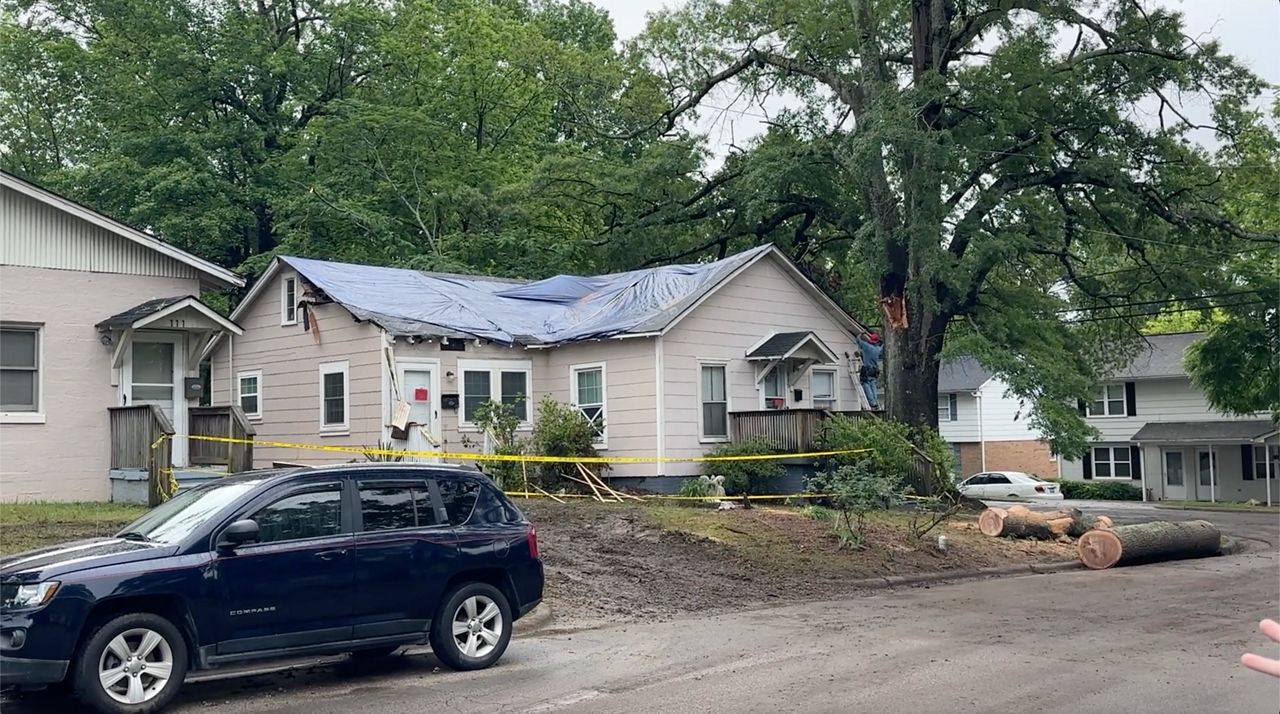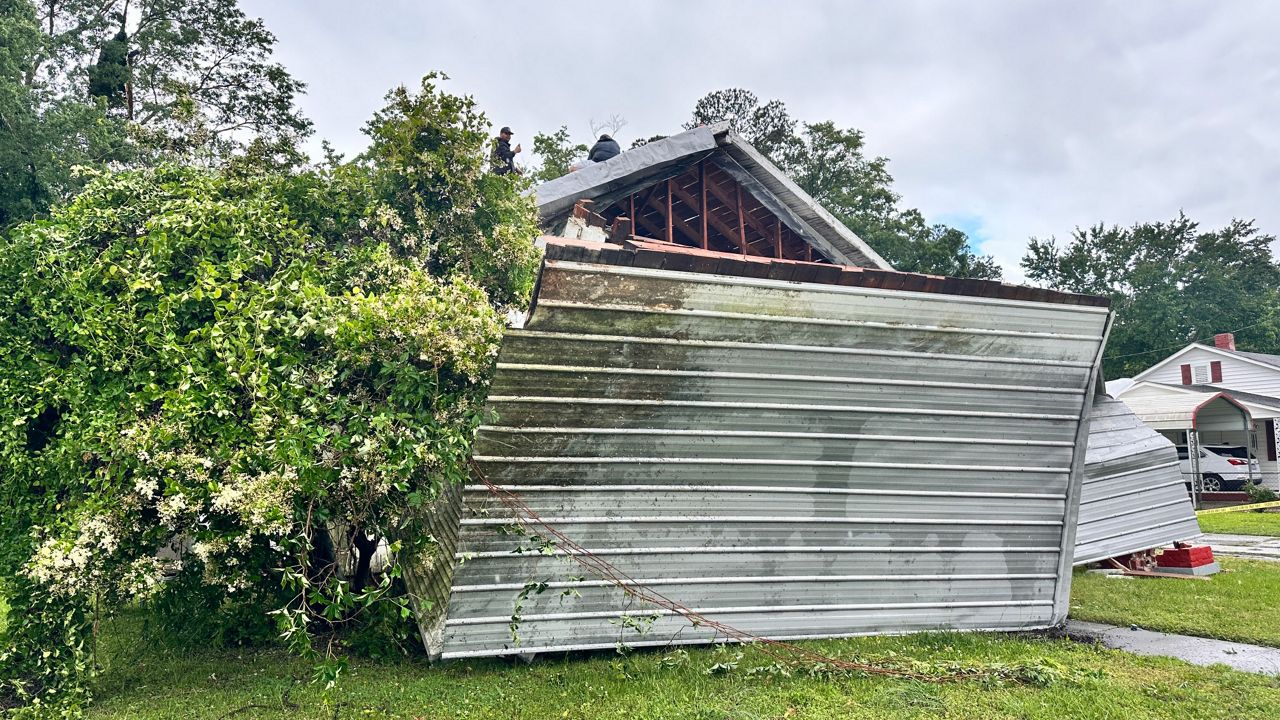Contractors in Buncombe County estimate that there are about three million cubic yards of storm debris within the city limits or about 140 football fields stacked 10 feet high after Helene caused catastrophic damage in the county about three weeks ago.
Officials continue to focus on the most vulnerable parts of the county, restoring water and keeping the community safe.
Debris Removal
Debris removal continues in critical areas such as hospitals, schools and utility companies, said officials in a news conference earlier this week.
Residents can expect contractors to pick up their debris multiple times to ensure all debris is collected, officials said. Residents should separate public solid waste, yard debris and building debris and place it on the curbside to make removal and recycling easier, said North Carolina Environmental Quality.
Residents should not burn debris. Burning non-vegetative materials and trash is illegal under the Open Burning Rule. Violators will be fined $25,000 or more. Visit the N.C. Division of Air Quality webpage or contact the Division of Air Quality at 919-707-8400 for more information.
There will be four sites that will receive debris.
“I want to be clear, these will not be the only sites, and once they come online, we will share them with the public,” Asheville City Manager Debra Campbell said.
Water Updates
Many water lines in the county have high levels of chlorine. Over 1,800 miles of city water pipes were affected by Helene. Officials stress the importance of boiling water for at least one minute and encourage residents to use bottled water instead.
Residents are asked to flush their toilets for 15 minutes because of heavy sediment buildup in the water lines from the main breaks, according to Assistant City Manager Ben Woody. Authorities ask residents to help by contacting the Water Resources Department with any sited water main breaks.
The community is grateful for water and other material donations but ask for dollar donations to help in the long run, said Dan Leroy, president of United Way Asheville.
“Staying united as a community is going to be essential in the long-term recovery efforts, and it’s the only way we’re going to get through this,” Leroy said.




